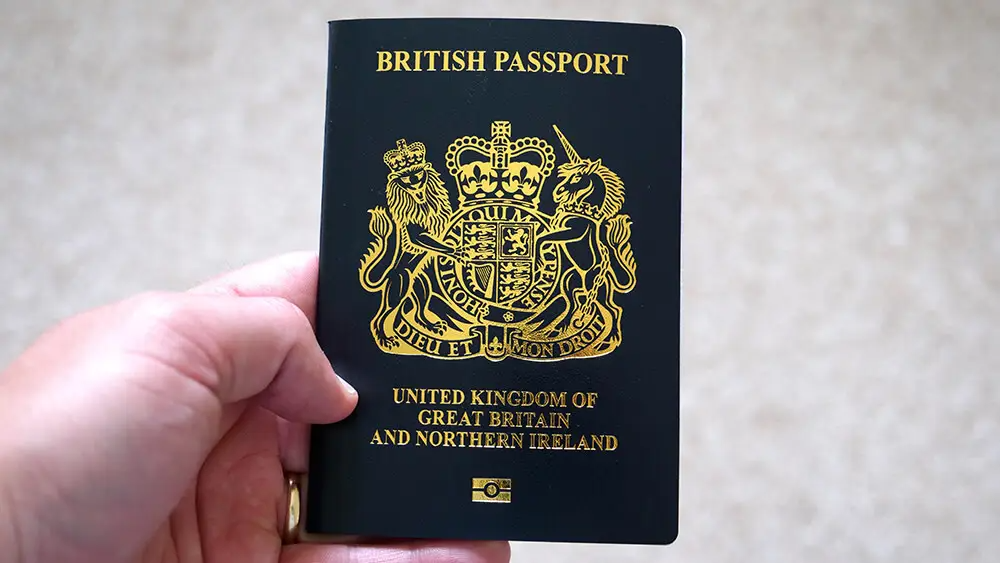How to Get a Student Visa for Germany (2025 Guide)
🎓 How to Get a Student Visa for Germany (2025 Guide)
Germany is one of the top study destinations in the world — with over 400,000 international students and tuition-free education at public universities. But before you pack your bags, there's one major step you must complete: getting a student visa.
In this complete guide, we’ll walk you through the step-by-step process for applying for a German student visa, including required documents, timelines, and insider tips.
📌 Step 1: Choose Your University and Get Admission
Before you can even apply for a visa, you need to be accepted into a German university or preparatory program.
You can apply through:
- The university's official website, or
- Uni-assist, a centralized portal for many German universities.
Once accepted, you’ll receive a "Letter of Admission" (Zulassungsbescheid) — a required document for your visa application.
💼 Step 2: Determine Which Visa You Need
Depending on your situation, you’ll apply for one of these two:
Type of VisaPurposeStudent VisaIf you already have university admissionStudent Applicant VisaIf you're still waiting for admission or need to take entrance exams in Germany
Both are valid for long-term stays (over 90 days).
💰 Step 3: Open a Sperrkonto (Blocked Account)
Before you apply, you must prove you have enough money to support yourself in Germany.
- Required amount (as of 2025): €11,208/year (€934/month)
- Deposit this into a Sperrkonto (blocked account)
- Approved providers: Fintiba, Expatrio, Deutsche Bank, Coracle
You’ll receive a confirmation document to submit with your visa.
🧾 Step 4: Prepare Your Documents
Here’s a checklist of the most commonly required documents:
✅ Visa application form (completed and signed)
✅ Valid passport (with at least 12 months validity)
✅ Biometric passport photos
✅ University admission letter (Zulassungsbescheid)
✅ Proof of financial resources (Sperrkonto or scholarship)
✅ Proof of previous education (certificates & transcripts)
✅ CV/resume
✅ Motivation letter (explaining why you want to study in Germany)
✅ Proof of health insurance
✅ Proof of German or English language proficiency (if required)
⚠️ Always check your local German embassy/consulate website for exact requirements.
🗓️ Step 5: Book Your Visa Appointment
You must apply in person at the German embassy or consulate in your home country. Slots fill up fast, especially between May and September — so book your appointment early!
📂 Step 6: Submit Your Application and Attend the Interview
During your visa interview:
- Be honest and confident.
- Clearly explain your study plan and financial situation.
- Bring 2 sets of all required documents, organized in folders.
The interview usually lasts 15–30 minutes.
⏳ Step 7: Wait for the Decision
Visa processing time varies:
- Usually 4–12 weeks
- Can take longer during busy seasons or if documents are incomplete
You will be notified via email or phone once a decision is made.
🛬 Step 8: Travel to Germany and Register Locally
After arriving in Germany:
- Register your address at the local Registration Office (Einwohnermeldeamt)
- Apply for a residence permit at the Foreigners’ Office (Ausländerbehörde)
- Show your university enrollment, health insurance, and Sperrkonto proof
Your residence permit allows you to stay for the full duration of your studies.
🇩🇪 Bonus: Can You Work in Germany on a Student Visa?
Yes! Student visa holders can work:
- 120 full days OR 240 half days per year
- You cannot work full-time during the semester unless it's an internship related to your course
📝 Final Tips
- ✅ Apply 3–6 months before your course starts
- ✅ Use only official or verified platforms
- ✅ Keep copies of everything you submit
- ✅ Get help from DAAD (German Academic Exchange Service) or your university’s international office
🧳 Conclusion
The German student visa process might seem complicated, but it’s very structured and fair. With the right preparation, documentation, and timing, you’ll be well on your way to starting your academic journey in one of the best education systems in the world.
If you're feeling overwhelmed, don’t worry — thousands of students go through this every year, and you can too!
Connect With the Indian Community living Abroad.
Comments
Latest Articles

🇨🇦 Education & Study Tips in Canada for International Students (2025 Guide)

🇬🇧 Education & Study Tips in the UK for International Students (2025 Guide)

Education & Study Tips in Germany for International Students (2025 Guide)

How to Get a Scholarship to Study in the UK (For International Students – 2025 Guide)
